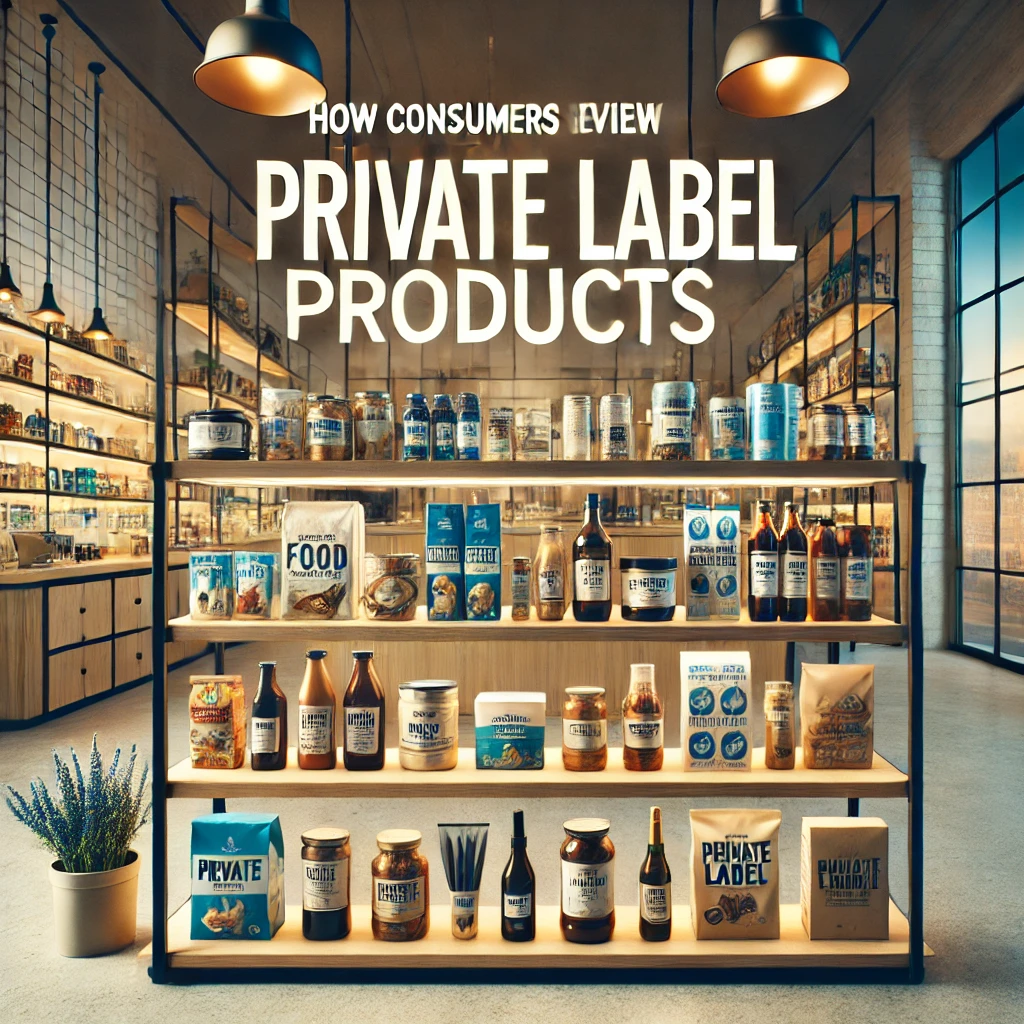In today’s competitive market, consumers have more options than ever before, and private label products are becoming their go-to choices. These products—often branded by the store itself—can offer a mix of quality and affordability that appeals to a wide range of shoppers. But what exactly do consumers think about these products, and how do their perceptions influence their buying decisions?
Let’s dive into the key factors driving private label consumer perception and explore how retailers can optimize their strategies to build trust and capture loyalty.
Why Consumers are Choosing Private Label Products
The Appeal of Private Labels
The primary reasons consumers opt for private label products include affordability, value, and brand trust. Unlike traditional brands, private labels often offer a similar quality for a fraction of the price, making them an attractive option in a cost-conscious market.
Key Benefits Private Label Products Offer
- Cost Savings: Consumers often find they can save money without sacrificing quality.
- Comparable Quality: As retailers invest in product improvement, the gap between store brands and national brands has narrowed.
- Trust in Retailer: Known brands like Costco, Walmart, and Target have built private label lines that consumers trust, influencing their willingness to try new products.
Factors That Influence Private Label Consumer Perception
1. Quality Perception
For many consumers, quality is the top factor. If a private label product can match or exceed the quality of a national brand, it has a higher chance of being chosen and repurchased. This perception of quality often comes from word of mouth, online reviews, or previous experiences.
2. Price Sensitivity
Private labels often win consumers with their lower prices. However, price alone isn’t enough—consumers are looking for a good balance between price and quality. In other words, they’re searching for “bang for the buck.”
3. Trust in Retail Brand
The retailer’s reputation directly impacts the perception of its private labels. Brands like Trader Joe’s have established trust in quality and sourcing, which encourages customers to try their private label items.
4. Product Innovation and Range
More consumers are drawn to private labels as retailers expand their selections and introduce innovative products. Offering a diverse range—from basics to premium selections—can attract different consumer segments.
Building Trust in Private Label Products
Trust is the backbone of private label success. When consumers feel confident in the quality of a private label product, they’re more likely to choose it repeatedly. Here’s how retailers can build trust:
Highlighting Quality
- Use high-quality ingredients or reliable materials in products.
- Regularly update products to match market trends and consumer needs.
Transparent Marketing
Consumers appreciate clear, honest labeling. They want to know where the product comes from and what it contains, especially with food or skincare items.
Social Proof and Customer Reviews
Encouraging reviews and displaying customer feedback can boost confidence for those on the fence about trying a private label product.
Advantages of Private Label Products for Retailers
Private labels are not just a win for consumers; they benefit retailers as well. Here’s how:
- Higher Margins: Retailers can keep costs down and pass savings to consumers, while still earning higher profits than with national brands.
- Customer Loyalty: Quality private labels can inspire loyalty, as consumers become accustomed to certain brands and products.
- Unique Brand Identity: A well-developed private label line can set a retailer apart and establish it as a trusted source for quality, affordable options.
Challenges in Shaping Positive Private Label Consumer Perception
While private labels have many advantages, they also face challenges:
- Overcoming Stereotypes: Some consumers may still associate private labels with lower quality.
- Quality Control: Ensuring consistent quality across a wide range of products is essential to maintaining consumer trust.
- Competitive Market: With more retailers offering private labels, standing out requires constant innovation and investment in product improvement.
How Retailers Can Improve Private Label Perception
Retailers can take several steps to further enhance consumer trust and boost their private label lines. Here are some strategies:
Improve Packaging and Branding
- Use modern, appealing packaging that aligns with consumer expectations.
- Avoid generic designs that make the product feel “cheap.”
Emphasize Quality and Value in Marketing
Promote private labels as high-quality products that deliver value. Advertise them alongside national brands to convey that they’re equally trustworthy.
Encourage Sampling
Allowing consumers to sample new products can build trust and increase the likelihood of purchase. Sampling programs in stores or promotional offers can be effective.
Invest in Sustainability
Consumers today value sustainability, and private labels that embrace eco-friendly practices can capture this audience. Sustainable packaging, fair trade, and organic options are all positives.
The Future of Private Label Consumer Perception
As private labels continue to evolve, consumer perception is likely to shift even further. Private labels are gaining traction, particularly as younger consumers prioritize value without compromising quality.
Retailers that focus on innovation, transparency, and consistent quality will continue to capture consumer loyalty and transform the private label market.
Conclusion
Private label products offer a unique blend of quality and affordability that appeals to consumers from all walks of life. For retailers, understanding and enhancing private label consumer perception can create a loyal customer base and competitive advantage. As we see a shift towards value-driven shopping, private labels are well-positioned to grow in popularity—provided they deliver on their promises.
Explore more insights like these on private labels and retail trends at Daily GSN Magazine!

